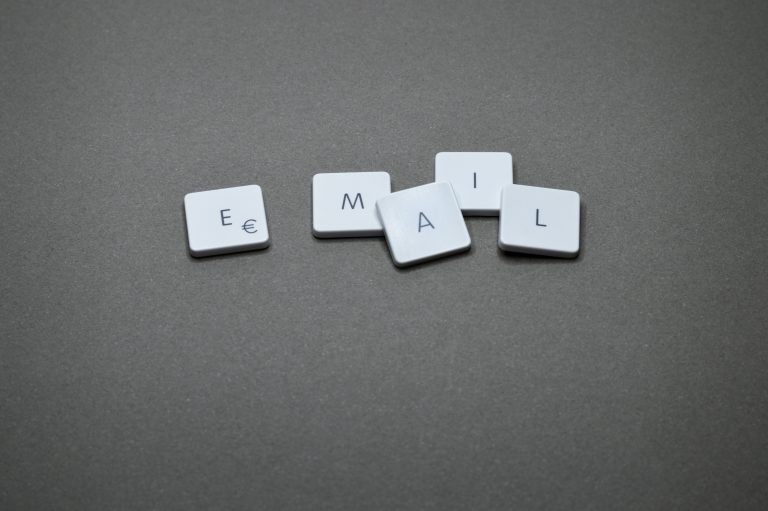Why Your References are so Important
Picture this…
You’re driving home. The knot in your stomach is not so tight anymore because you just nailed that job interview. You really needed this.Your last position didn’t end on the best terms, and ever since, it’s been a struggle, to say the least. But for the first time in a while, you’re confident. There’s no way anyone else just walked out feeling better than you do right now.
That is until a week passes with no word. The knot in your stomach has returned, and the job hunt is back on. You are racking your brains trying to understand what you’re doing wrong, but come up short every time. You’re glaring at your resume, wondering what the problem could be—
The sentence on the bottom of the page, added in after paragraphs of skills and experience, is your sudden answer… “References available upon request”
Oh. Oh. References. Could that be it? You provided them and tried not to think too hard about it after that. After all, the interview went well, so what does it matter?
There is more to landing the job than acing the interview. That’s only half the process. No matter how skilled, charming, or confident you are—even if you left the interview on a positive note, there is still a risk of losing that perfect job. And all it takes is one phone call.
It doesn’t matter if you were the perfect candidate. The interviewer knows you in the interview is you on your best day. If that’s how you are every day in the workplace, more power to you. But the hiring manager has no way of knowing this, not until they call someone that you did work for. If they call those references you provided and get in touch with an employer who doesn’t even remember who you are, or worse, remembers you in a less-than-positive manner, you could easily be out of luck. You’re teetering on the edge of a very steep cliff, with your references holding the power to push you off or pull you back into safety. Have you given them a reason to help you out?
For this reason, dramatic metaphors aside, it is incredibly important to maintain good professional references. Will your references always be checked? No. They should be, but they won’t always be. But, if they are checked, are you confident enough in them to place your future career, your livelihood, in their hands? Are you comfortable enough to stand on the precipice of that cliff with all your references standing behind you? If your answer is not yes, consider what you need to do to turn it into a yes.
The most important thing to remember is to never leave your job on a bad note, for this very reason. Slinging profanities at your supervisor may feel good in the heat of the moment, but doing so runs the risk of making your time with the company worth nothing, depending on how forgiving said supervisor is. Even if you decide not to provide this particular reference, professional circles are small. While you may not have provided a specific reference, your interviewer may know someone you have worked with, and will likely call them for an “off-the-record” reference. Maintain professionalism from day one until the day your employment is over. Put in a proper two weeks’ notice, and work through those two weeks as if each day was your first. Offer to train a replacement, if necessary. Give the employer a reason to help you out in the future.
However, if the heat of the moment got the better of you at some point in your past employment, whether you had a screaming match with a boss, or just stopped showing up to work without any warning (hint: never do this) it is always worth it to try and make amends. Whether you receive a response or not, you have accomplished one thing that many other people are too scared to do—and that is owning up to your mistakes.
If you have exhausted these options and are still uncomfortable with your choices, you can always pick a different reference, although the more recent, the better. Make sure whichever reference you do choose is aware that they will be getting a phone call about you. If you’re not sure whether your recent employers remember you who are, get in touch with them, especially if you are giving out their contact information to interviewers. The last thing your future employer wants to hear when calling up a reference you provided is, “Oh, uh, what was their name again?”
The job you are in now and the jobs you held in the past all have the power to affect your future. No matter how frustrated you may be with your boss, or how tired you may be of where you work, never let it come through in your relationship or your actions. It will be worth it. The next time you are asked to provide your references, you will be able to do it with confidence as a result of maintaining good relationships throughout your professional career. Although your references hold the power to push you off the cliff or not, you hold the power to ensure your relationship remains strong and positive.
Whether you are looking for a career change or are content with where you are now, I urge you to reach out to your past employers, or anyone you would consider naming when those references are inevitably requested. Just one phone call—even a heartfelt email—could mend a broken relationship or strengthen a weak one. So the next time you go in for a job interview, you can be confident in landing that perfect job.
ISGF is an Equal Opportunity Employer (EOE). All rights reserved. Copyright ISGF 2019-2020.


